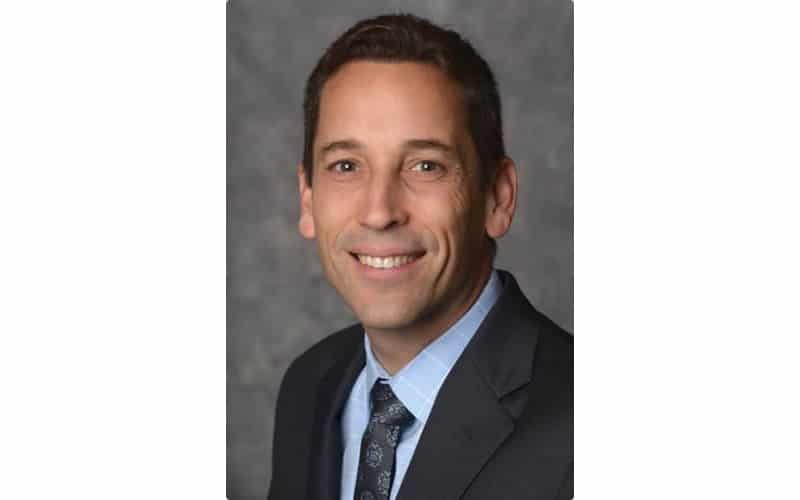

The Science of Workplace Investigations Training
Schedule Free ConsultationThe Science of Workplace Investigations Training
Schedule Free Consultation
The Science of Workplace Investigations™
When investigating a “he said/she said” case of sexual harassment or other alleged misconduct, are you using scientifically-validated methods to interview witnesses, assess their credibility, and reach a defensible conclusion?
Join organizations such as Google, the EEOC, FedEx, the United Nations, and the World Bank and train your internal investigators with the latest research-based investigation techniques. This seminar can be delivered on-site at your location, using webcast technology, or a combination of both.
Workplace investigators often receive training on “best practices” for investigations. Unfortunately, over the past 15 years, scientists have found that much of the conventional wisdom on how to effectively interview witnesses and determine truthfulness is wrong. At the same time, courts have found companies liable for using scientifically unproven interviewing and other investigative techniques in workplace investigations.
This seminar, taught by former U.S. Department of Justice attorney Michael Johnson, reviews hundreds of research studies that scientists have conducted on how to best interview witnesses and assess credibility. He will teach you how to apply these scientifically-validated methods to your investigations and by examining videos and case studies you will learn:
- How to utilize the “Cognitive Interview,” which is the most widely researched interviewing technique in the world
- How many common beliefs about spotting deception are incorrect
- How to apply research-based methods for detecting signs of deception and truthfulness
- The legal requirements for workplace investigations
- A 6-step process for writing clear and concise investigative reports
Agenda
Overview
-
How to utilize the “Cognitive Interview,” which is the most widely researched interviewing technique in the world
-
How many common beliefs about spotting deception are incorrect
-
How to apply research-based methods for detecting signs of deception and truthfulness
-
The legal requirements for workplace investigations
-
A 6-step process for writing clear and concise investigative reports
Advanced Interviewing Techniques
-
How to use a journalistic instead of a prosecutorial interview style
-
How to use the “Funnel Method” to gather all relevant information from each witness
-
How to utilize the “Cognitive Interview,” which is the most widely researched interviewing technique in the world
-
How to use, in certain cases, advanced questioning techniques proven to make it easier to differentiate between truthful and deceptive responses, such as:
-
Asking the person to draw the event
-
Asking the person to tell you what happened in reverse order
-
Asking unexpected questions
-
-
Why you should never reveal to a witness that you do not believe him or her until the end of the interview (or a subsequent interview)
-
How to respectfully challenge a witness whose answers contradict other witnesses or the evidence
Examining Credibility
-
Test your ability to spot deception or truthfulness by watching a video of a suspect interview.
-
Learn how to strategically approach “he said/she said” cases or cases where there are no eyewitnesses.
-
Learn which cues to deception have been scientifically validated and which are based on myth.
-
Learn why cues related to “cognitive effort” are much more predictive of deception than cues related to nervousness.
-
Learn cues to deception and truthfulness related to verbal content and verbal style.
-
Learn linguistic cues to deception and truthfulness.
-
Learn the few non-verbal cues that are associated with deception
Legal Requirements of Workplace Investigations
-
How many investigators should be present during an investigative interview?
-
What do I do if an employee refuses to be interviewed or otherwise cooperate?
-
What should I do if the accused brings an attorney, co-worker, or friend to the investigative interview?
-
Under what circumstances should I reveal the names of witnesses?
-
What are the factors to consider in imposing discipline?
Writing Investigative Reports
-
How to use the investigative report to plan and continually update your investigation strategy
-
What to include and not include in the report to ensure that it is legally defensible
-
How to best document facts and credibility determinations
-
How to maintain attorney-client privilege, where applicable
-
How to overcome “writer’s block” to greatly increase the speed at which you write
-
How to write a report that is not only comprehensive but also clear and concise
Role-Play Exercises
In the two-day course, attendees will also participate in two role-play exercises where each person gets to practice the interviewing and other investigation techniques learned in the course.
Presenter

Former U.S. Department of Justice lawyer, Michael Johnson presents the seminar. Michael, a graduate of Harvard Law School, was the lead attorney on one DOJ’s first class action style sexual harassment cases. He has provided investigations training for organizations around the world, including Google, the EEOC, FedEx, the United Nations, and the World Bank.
- Traliant’s Chief Strategy Officer.
- Has served as an expert witness in cases challenging the adequacy of employer investigations.
- His investigative approach has been featured in articles in the Wall Street Journal and New Yorker magazine.
- Graduate of Duke University and Harvard Law School.
Credit & Exam

Certificate Exam
For no additional cost, you will have the option to certify that you have learned to apply the most up-to-date research on investigative techniques by taking an online certificate exam after participating in the seminar. The exam consists of 36 questions that cover the seminar content. You may take the exam at your convenience after viewing the seminar videos. You must correctly answer 80% or more of the questions to pass. You may take the exam multiple times, if necessary, to pass.
Schedule a Free Consultation Today



